Moving From the Margins – Resilient Schools
Presented on August 20, 2020
Schools everywhere are facing critical issues and are seeking immediate solutions. In this webinar we explore the concept of resiliency, in concept and practical application, for schools preparing for the quickly approaching school year. Panelists include thought-leaders and administrators who are coming together to create a framework called the Resilient Schools Project.
Quotes:
"I am interested and excited in participating in the RSP because it offers the opportunity to network and learn from others who are committed to re-imagining schools in a way that ignites, engages, and empowers students to be advocates and activists in the world around them. Relationship and relevance have the potential to serve as cornerstones to that work, and that is what the RSP is offering for schools. If there was ever an opportunity to redefine and disrupt the system of education that has been struggling for so long, it is now."
– Paula Dillon
"We are very excited to be able to participate in the Resilient Schools Project. These are unprecedented times, and a facilitated, nationally networked community focusing on our common problems of practice can be tremendously beneficial to schools and school systems."
– Cindy Ambrose
Panelists
Cindy Ambrose,
Low Country Education Consortium
Cindy has experience as a teacher, assistant principal, and principal and has formerly served as a Chief Academic Officer, Assistant Superintendent, and Deputy Superintendent in large districts in Virginia and South Carolina. She is currently participating in the inaugural class in the Stanford EdLEADers Program at Stanford University. The program taught jointly by the Graduate Schools of Business and Education consists of study in the areas of leading for equity, organizational change, negotiations, and improving student learning. Cindy is currently facilitating the work of the Low Country Education Consortium (LCEC) as the member districts are collaborating to improve student outcomes in the region.
Antonio Boyd, Future of School
Antonio has worked in the nonprofit, education, healthcare and government sectors for 30 years, his work focuses on education, youth programming, experiential learning, experiential leadership, collaboration between, business, industry and schools and the future workforce. He serves on the South Carolina Advisory Committee at the US Global Leadership Coalition, the Crown Council at Carolina Crown, and is a Business Alley and former Chairman of the Board of Director at Together SC.
Paula Dillon, Barrington Public Schools,
Paula's areas of expertise include curriculum development, student-centered pedagogy, assessment design, professional learning, and diverse learners’ strategies. Paula currently serves as the Assistant Superintendent for Barrington Public Schools, Rhode Island, a suburban, high-performing district. In that role, she supports the RDI (Research, Development, and Innovation) team, which acts as an inclusive cross-community stakeholder engine for innovation. Paula is a champion of Deeper Learning, Project-Based Learning, and Experiential Learning grounded in the U.N. Sustainable Development Goals.
Amy Valentine, Future of School
Amy has been called a social rabble rouser, a turnaround strategist and a fighter of the status quo in K–12 education. She has served as a teacher, school leader and executive director. She’s also a proud parent and advocate for her son, who has dysgraphia, a learning disability that affects written expression. No stranger to obstacles, Amy has successfully navigated the currents of bureaucracy, apathy and ignorance that have stood in the way of students and educators for decades. She believes that in order to make the broadest impact, theories require thoughtful action and iteration.
John Watson, Evergreen Education Group
As founder of Evergreen Education Group, John is responsible for conducting, writing, and presenting research as well as providing testimony on digital learning matters to state boards of education, legislatures, and charter school commissions. He has extensive knowledge and experience based on his two decades working in online learning and education technology. This background has afforded him a wide-reaching network across the spectrum of education professionals, policymakers, and subject matter experts as well as the ability to provide insightful, dimensional analysis and recommendations.
